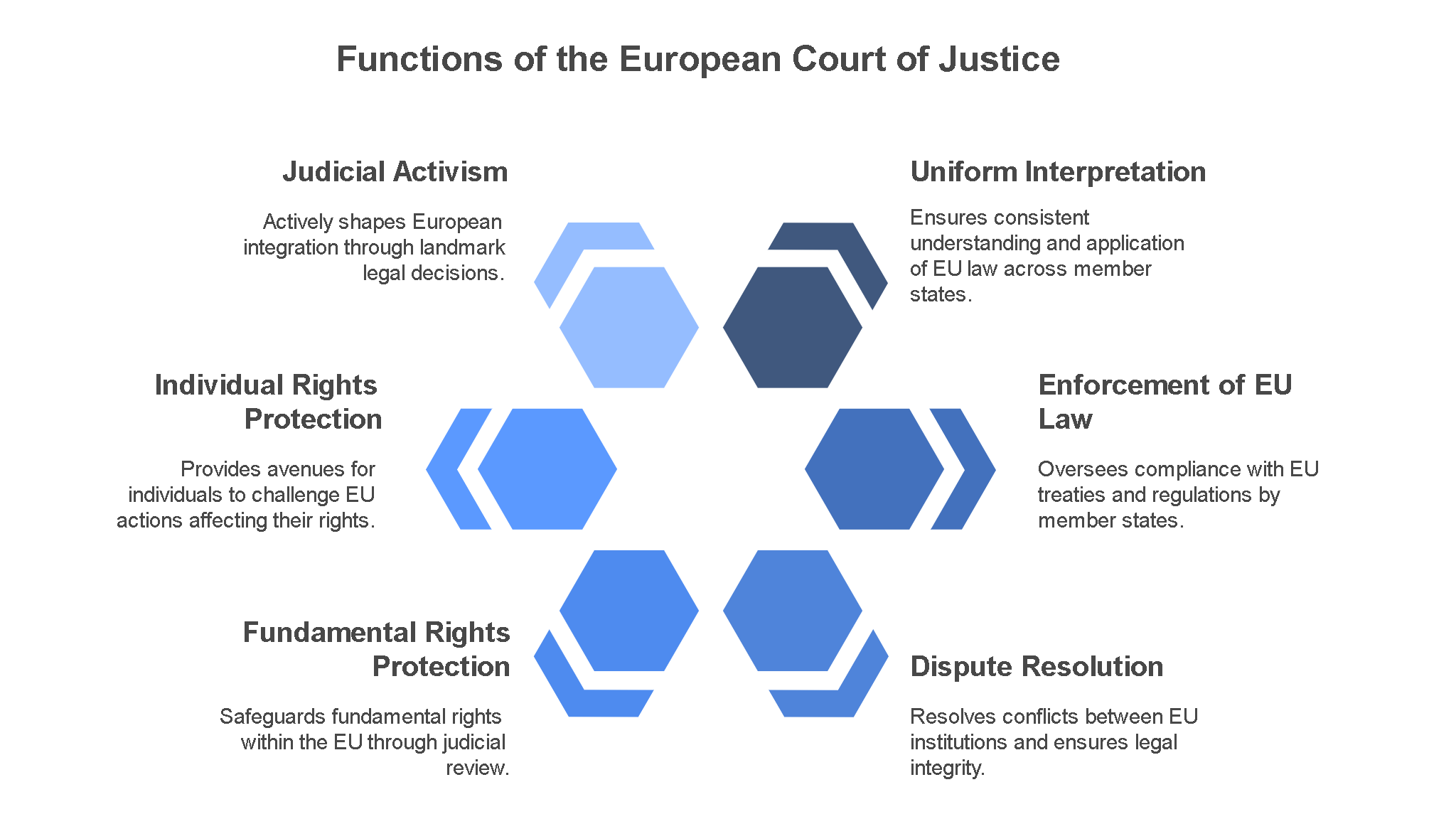- Air Pollution: Industrial activities emit pollutants like sulfur dioxide, nitrogen oxides, and particulate matter, which contribute to smog, respiratory diseases, acid rain, and climate change. Air pollution is one of the most significant consequences of industrialization.
- Water Pollution: Factories discharge toxic chemicals, heavy metals, and untreated sewage into rivers and lakes, which pollutes water sources, harms aquatic life, and makes water unfit for human consumption or agricultural use.
- Deforestation: Industrialization often leads to the expansion of infrastructure, agriculture, and urban areas, resulting in large-scale deforestation. Loss of forests reduces biodiversity, disrupts water cycles, and contributes to soil erosion and climate change.
- Loss of Biodiversity: As industries expand, habitats are destroyed, and ecosystems are disrupted. Industrial activities like mining, logging, and construction lead to the extinction of species and the degradation of ecosystems.
Soil Degradation: Industrial activities such as mining, construction, and agriculture contribute to soil erosion, nutrient depletion, and contamination. Over time, this reduces soil fertility and the land’s ability to support agricultural production, leading to reduced food security.



Leave a Reply